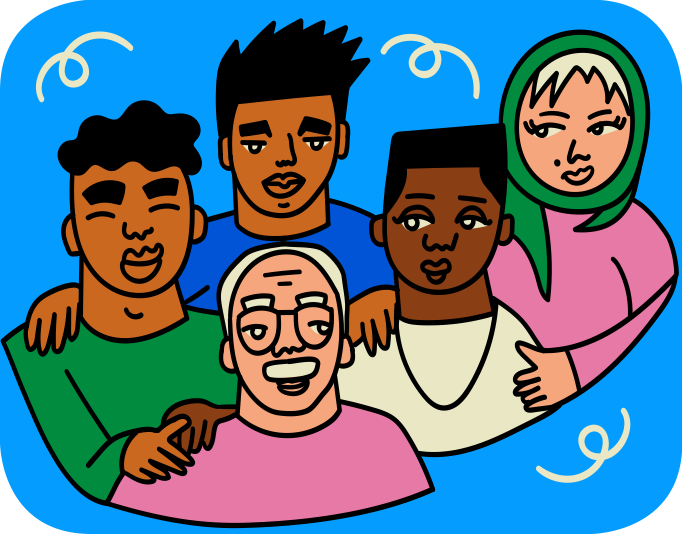The Wikimedia projects are an integral part of many peoples’ lives. Our wikis are used by scholars, students, historians, researchers, librarians, friends, neighbors, and so many more. The Wikimedia projects have fast become a source of knowledge for a global society.
There are many other online communities out there. None compares to ours. Our wikis are special because they are built by a community of volunteers. Our communities bring together people from different nationalities and cultures to create wikis full of diverse and rich information and knowledge. Today, we have thousands of people from many countries all participating in creating knowledge in hundreds of languages. That’s amazing. To keep this work going and the community growing, the movement needs to continually work to provide a safe collaboration environment. Without a safe editing environment, people will leave, and knowledge will be lost. The Universal Code of Conduct is crucial for where we are going as a movement.
As the Wikimedia projects have grown and matured over the years, the Universal Code of Conduct now complements our policies to help to create a global baseline of standards for addressing negative behavior. This is important when dealing with a diverse group of people. The Universal Code of Conduct (UCoC) formally went into effect in February of 2021, and the Wikimedia Foundation and our volunteer communities have since used it to strengthen accountability for behavior around Wikimedia projects including Wikipedia.
Conversations shaping the UCoC were held in 19 different languages, in communities spanning the globe.The text was drafted by a diverse group of volunteers and Wikimedia Foundation staff. Hundreds of volunteers reviewed drafts and made suggestions for improvements. Following ratification of the UCoC, the Wikimedia Foundation and the volunteer communities began work on documentation regarding how the UCoC should be applied, now known as the Enforcement Guidelines (available in January).
In March 2022, the community was asked to review if the Enforcement Guidelines were ready to implement in the form they were in. The response was positive with a favorable vote of 58.6% of 2,283 voters in 27 languages. Instead of just voting, the voters had the opportunity to comment on them. Along with the favorable vote, 658 comments were received. The Wikimedia Foundation Board of Trustees’ Community Affairs Committee requested further review of the four areas of concern voters identified through their comments.
The UCoC revisions committee discussed and collaborated to review those areas of concern. They revised the Enforcement Guidelines and opened it up for comments on the four areas. The four areas that the community identified included clarifying the type, purpose, and applicability of the UCoC training, simplifying the language for translation and comprehension, exploring the concept of affirmation including its pros and cons, and considering the planned balance for the privacy of the accuser and the accused.
During the community review earlier this year, the community provided dozens of comments to the revisions committee. Thanks to the community feedback, the UCoC revisions committee completed incorporating the suggestions at the end of November 2022.
The journey towards the realization of the enforcement guidelines is an important step in the evolution of our mission of creating a welcoming, safe, and inclusive environment for our contributors, and a more open and powerful movement for free knowledge. This can only be done through close collaboration with our global volunteer communities, using their knowledge to understand the challenges so we may work to address them.
A crucial next step in the process will be the revised UCoC Enforcement Guideline community review in January. What can you do? Read the revised Enforcement Guidelines once the translations are available in early January. Are they ready to test in action in their current form? Tell us. Share them with members of your community. Encourage other community members to also vote in this process in January 2023 and have their voice heard.
Votes will be scrutinized by an independent group of volunteers, and the results will be published on Wikimedia-l, the Movement Strategy Forum, on Diff and on Meta-wiki. The voters will again be able to share any concerns they have about the guidelines in their current form. The Board of Trustees will look at the levels of support and concerns raised as they consider the ratification of the Enforcement Guidelines.
Thank you to everyone who has helped support the development of the Universal Code of Conduct. With your continued involvement, you are making contributing knowledge to Wikimedia projects safer for everyone.

Can you help us translate this article?
In order for this article to reach as many people as possible we would like your help. Can you translate this article to get the message out?
Start translation
